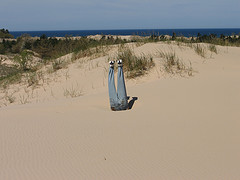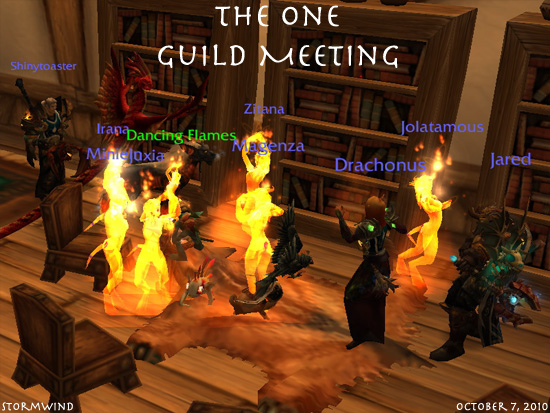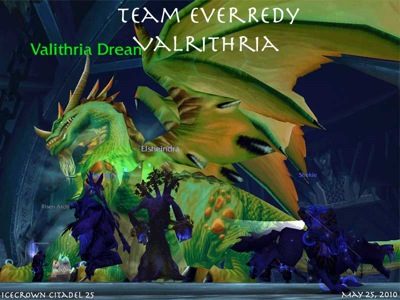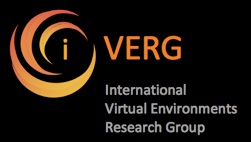
Credit: Photo by blakeimeson under an Attribution-NoDerivs 2.0 Generic license
Image: Should I be the person hiding my head in the sand?
In response to the Sussex TLDU RUSTLE article on my World of Warcraft research and teaching, I received an e-mail early Friday morning from someone in the University of Sussex’s press and communications team. In fact, that e-mail notified me the article had been published. (-:
The author was inquiring if I were interested in any publicity or media work, because they thought my work might have external appeal. This was somewhat propitious. The day before, as part of Vitae South East’s female researcher’s Springboard workshop, the guest presenter discussed the importance of proactively promoting one’s work (apparently men do, but women often don’t). She stressed how one should take any and all opportunities offered to do so.
Are we inclined to not view things we do as significant enough to tell others? She outlined how male colleagues regularly feed her department’s press coordinator a steady stream of pictures and stories, but the women didn’t. Are we reluctant to apply for awards and jobs? Or, when we do, do we more honestly assess ourselves but also under-assess? She also had stories about how men promoted themselves on their academic CVs, with one even including under “research activities” a list of journals he reviewed for. I know that wouldn’t have occurred to me to include!
Like her, I’m not naturally inclined to boast about my work or accomplishments. While I’ve applied for and won awards in the past, it’s often been because someone has forced me to do so. Left to my own devices, I’d play the ostrich and hide—or the rabbit and run. However, this is obviously opportunity knocking at my door. Should I “press on” or hide?










